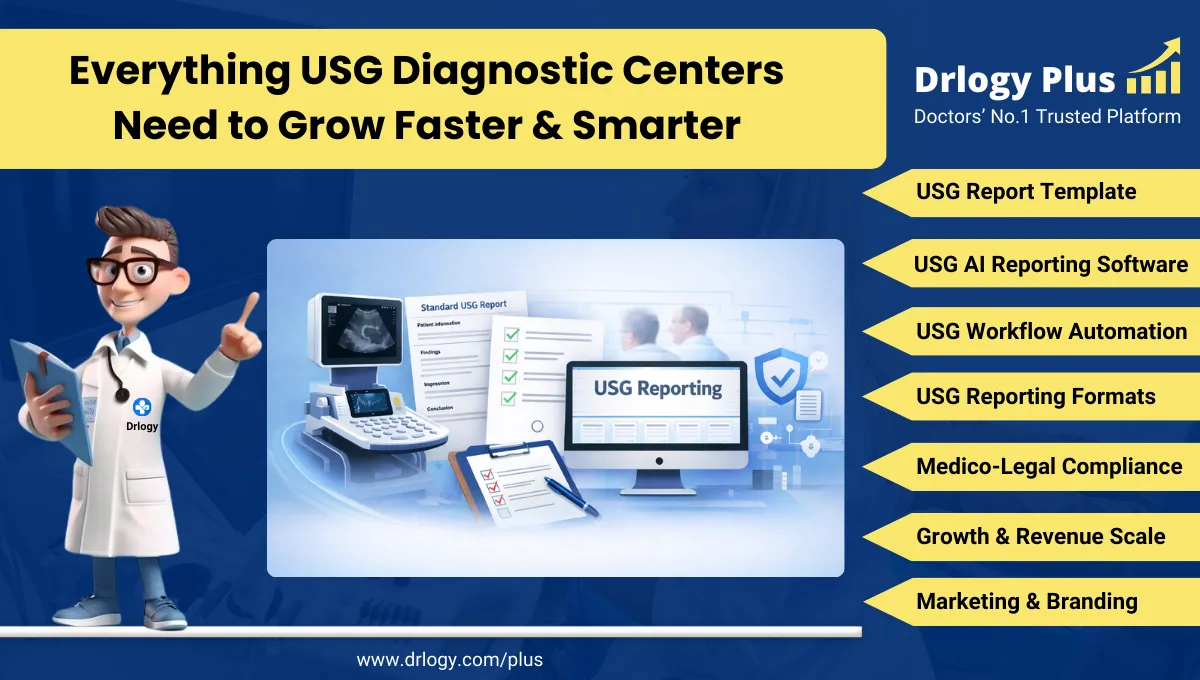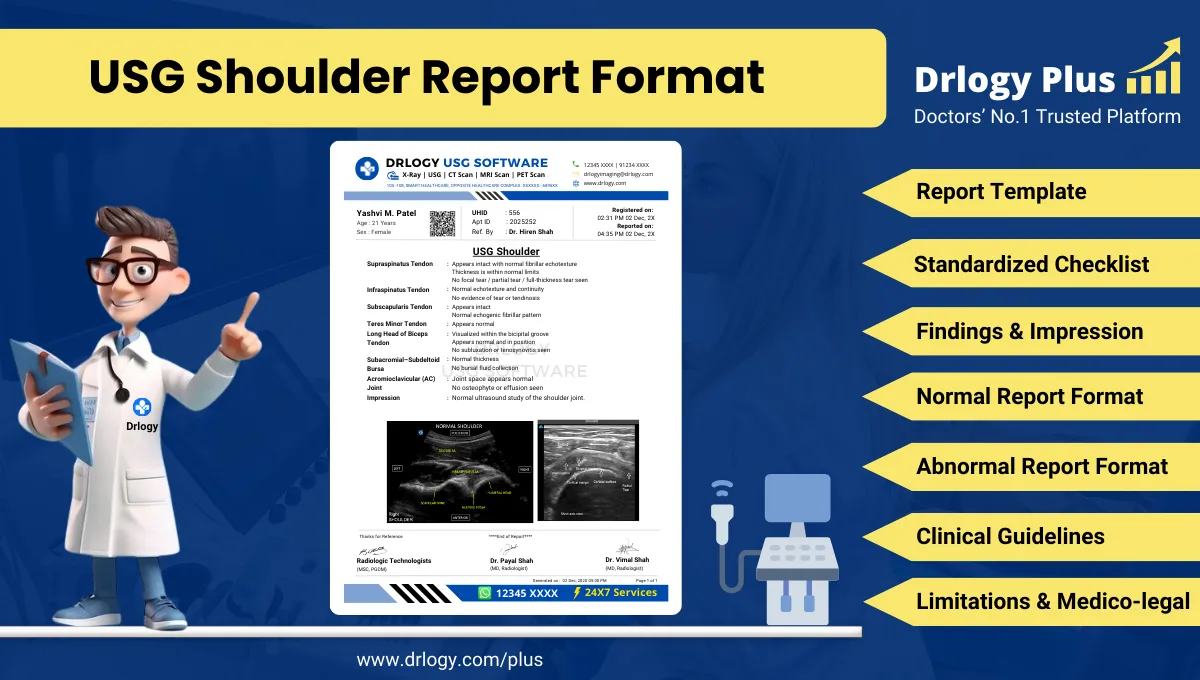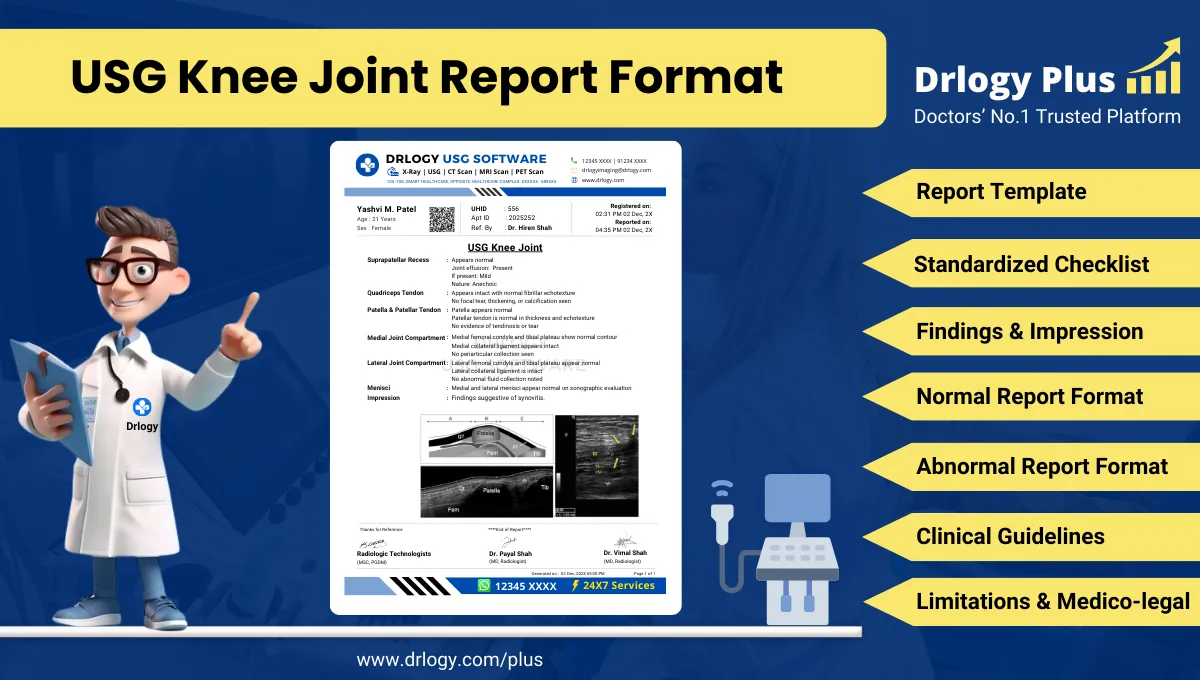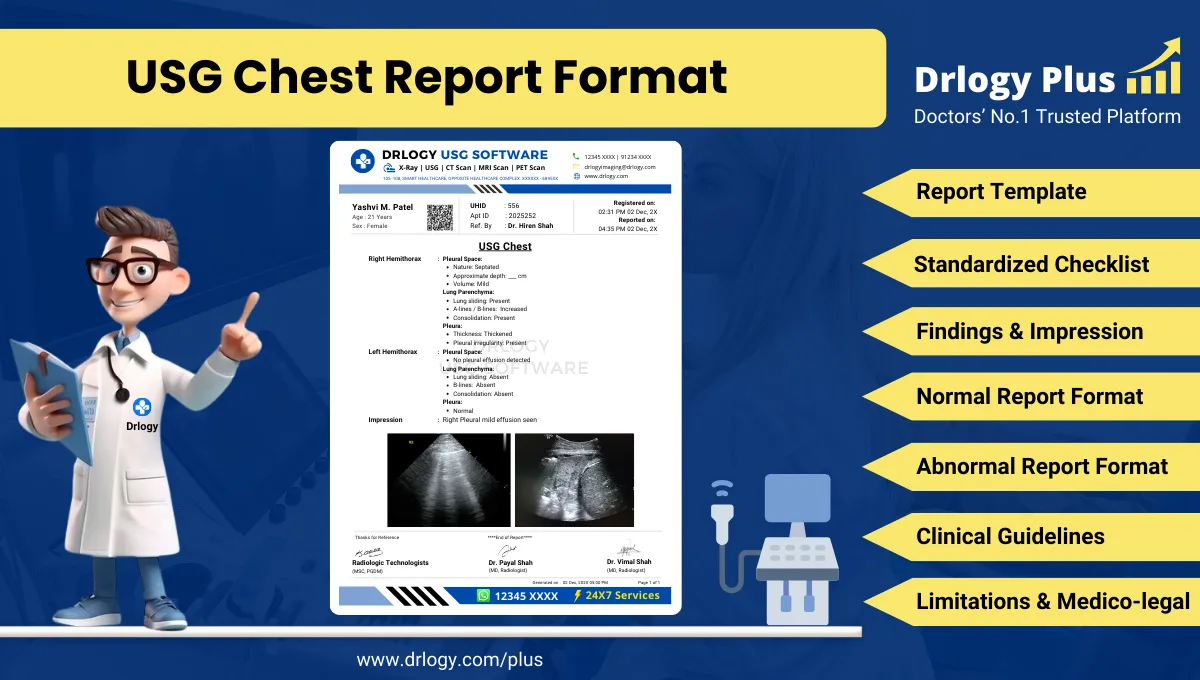
Drlogy
Healthcare organization
10 Best EMR and EHR Management Features For Hospital Management System
Effective EMR and EHR management features are crucial for modern hospitals, ensuring comprehensive patient data management and streamlined clinical workflows.
Do You Know?
- Studies show that hospitals using EMRs experienced a 27% decrease in medication errors and a 14% reduction in mortality rates.
- Adoption of EHRs has increased from 9.4% in 2008 to 87% in 2020 among office-based physicians in the United States.
In this guide, Drlogy will provide insights into the best EMR and EHR management features for Hospital Management Systems, facilitating efficient and healthcare delivery.
Recommended
What is EMR and EHR Feature in Hospital Management System
- EMR/EHR systems digitally store and manage patient medical records, including demographic data, medical history, and treatment plans.
- They facilitate seamless communication among healthcare providers, ensuring coordinated care delivery across departments and facilities.
- Utilizing EMR/EHR systems streamlines administrative tasks, minimizes errors, and improves patient safety by providing accurate and up-to-date information to healthcare providers.
Check
10 Reasons Why EMR and EHR Feature Must For Hospital Management System
Here are 10 Reasons Why EMR and EHR Feature Must For Hospital Management System.

1. Improved Documentation Efficiency
- EMR and EHR systems streamline the documentation process by allowing healthcare providers to record patient information electronically.
- Digital records reduce the need for paper-based documentation, minimizing errors and ensuring accuracy in medical records.
- Automated data entry features enable quick and efficient documentation, saving time for healthcare staff and improving workflow efficiency.
- Integration with other hospital management modules allows for seamless data sharing and access across departments.
Drlogy HMIS offers a comprehensive EMR and EHR feature, facilitating efficient documentation processes and ensuring accurate and accessible patient records.
2. Enhanced Patient Safety
- EMR and EHR systems provide built-in safety features such as alerts for medication interactions, allergies, and potential contraindications.
- Access to comprehensive patient records enables healthcare providers to make well-informed treatment decisions, reducing the risk of medical errors.
- Digital records are less prone to loss or damage compared to paper-based records, ensuring the integrity and accessibility of patient information.
- Integration with decision support tools enhances clinical decision-making, promoting evidence-based practice and patient safety.
Drlogy HMIS prioritizes patient safety through its EMR and EHR feature, offering robust safety mechanisms and decision support tools to prevent adverse events and improve patient outcomes.
3. Efficient Information Retrieval
- Electronic access to patient records allows healthcare providers to retrieve information quickly and efficiently during patient encounters.
- Search and query functionalities enable healthcare staff to locate specific information within the EMR or EHR system, saving time and improving productivity.
- Centralized storage of medical records eliminates the need to manually retrieve and transport paper-based files, reducing administrative burdens.
- Integration with mobile devices enables remote access to patient records, allowing healthcare providers to retrieve information anytime, anywhere.
Drlogy HMIS facilitates efficient information retrieval through its EMR and EHR feature, providing fast and convenient access to patient data, enhancing clinical decision-making and workflow efficiency.
4. Seamless Interoperability
- EMR and EHR systems support interoperability by allowing for the exchange of patient data between different healthcare organizations and systems.
- Integration with external health information exchanges (HIEs) enables secure sharing of patient information across care settings.
- Seamless interoperability ensures continuity of care, as healthcare providers have access to comprehensive patient records regardless of the care setting.
Drlogy HMIS promotes seamless interoperability through its EMR and EHR feature, facilitating data exchange and collaboration between healthcare organizations, promoting coordinated patient care.
5. Data Security and Privacy
- EMR and EHR systems employ robust security measures to protect patient data from unauthorized access, breaches, and cyber threats.
- Role-based access controls ensure that only authorized users have access to sensitive patient information, safeguarding privacy and confidentiality.
- Encryption techniques and data backup procedures protect patient records from loss or corruption, ensuring data integrity and availability.
- Compliance with data protection regulations such as HIPAA ensures that patient data is handled in accordance with privacy laws and industry standards.
Drlogy HMIS prioritizes data security and privacy through its EMR and EHR feature, implementing stringent security protocols and compliance measures to protect patient information and maintain confidentiality.
6. Comprehensive Patient Records Management
- EMR and EHR systems centralize patient data, including medical history, diagnoses, medications, and treatment plans.
- Efficient data management ensures easy access to critical patient information by healthcare providers across various departments.
- Integrated EMR/EHR systems facilitate seamless sharing of patient records between healthcare professionals, promoting coordinated care delivery.
- Drlogy HMIS provides robust EMR/EHR capabilities, enabling hospitals to efficiently manage comprehensive patient records in a centralized platform.
With Drlogy HMIS, healthcare providers can access up-to-date patient information securely, leading to improved care coordination and patient outcomes.
7. Enhanced Clinical Decision-Making
- EMR and EHR systems offer decision support tools, such as clinical alerts, reminders, and guidelines, to assist healthcare providers in making informed decisions.
- Access to patient history, lab results, and diagnostic imaging within the system aids clinicians in diagnosing conditions and determining appropriate treatment plans.
- Drlogy HMIS incorporates advanced decision support functionalities, empowering healthcare providers to make timely and evidence-based clinical decisions.
By leveraging Drlogy HMIS, hospitals can enhance clinical decision-making processes, leading to improved patient safety and outcomes.
8. Improved Efficiency and Workflow
- EMR and EHR systems streamline clinical workflows by automating tasks such as appointment scheduling, prescription management, and documentation.
- Standardized templates and electronic forms enable healthcare providers to efficiently capture and record patient data, reducing documentation time.
- Drlogy HMIS optimizes hospital workflows by automating routine tasks, minimizing paperwork, and eliminating manual errors associated with traditional paper-based systems.
With Drlogy HMIS, hospitals can achieve operational efficiency and productivity gains, allowing staff to focus more on patient care.
9. Secure Information Management
- EMR and EHR platforms ensure data security and confidentiality through robust encryption, access controls, and audit trails.
- Compliance with healthcare regulations, such as HIPAA, safeguards patient privacy and protects sensitive medical information from unauthorized access or breaches.
- Drlogy HMIS adheres to stringent data security protocols, providing hospitals with a secure environment to store and manage patient information.
By choosing Drlogy HMIS, hospitals can mitigate security risks and maintain compliance with regulatory requirements, instilling trust among patients and stakeholders.
10. Seamless Interoperability and Integration
- EMR and EHR systems facilitate interoperability by enabling the exchange of patient data between different healthcare providers, systems, and organizations.
- Integration with laboratory systems, imaging devices, and other clinical tools ensures seamless access to diagnostic information within the EMR/EHR platform.
- Drlogy HMIS supports interoperability standards and offers robust integration capabilities, allowing hospitals to connect with external systems seamlessly.
Through Drlogy HMIS, hospitals can achieve interoperability goals, enhance care coordination, and improve communication across the healthcare ecosystem.
10 EMR and EHR Benefits For Hospital Management System
Here are 10 EMR and EHR Benefits For Hospital Management System.
- Comprehensive Patient Records: Digitally store and manage patient information, including medical history, diagnoses, and treatments.
- Improved Accessibility: Provide healthcare professionals with easy access to patient records from anywhere, facilitating timely decision-making and care delivery.
- Enhanced Coordination: Streamline communication among healthcare providers, ensuring seamless collaboration and continuity of care.
- Efficient Workflow: Automate administrative tasks, such as appointment scheduling and prescription management, reducing paperwork and increasing productivity.
- Data Accuracy: Minimize errors associated with manual record-keeping, promoting accuracy in medical documentation and treatment plans.
- Patient Safety: Ensure that healthcare providers have access to up-to-date patient information, enabling them to make informed decisions and prevent medical errors.
- Regulatory Compliance: Maintain compliance with healthcare regulations, such as HIPAA, by implementing secure electronic record-keeping practices.
- Analytics and Reporting: Utilize data analytics tools to analyze patient trends, outcomes, and performance metrics, enabling continuous quality improvement initiatives.
- Patient Engagement: Empower patients to access their own medical records, track their health metrics, and participate in their care decisions.
- Cost Savings: Reduce administrative costs associated with paper-based record-keeping and improve resource utilization through streamlined workflows and efficiencies.
Drlogy Hospital Management System Features Guide For HMIS
Here are 16 Steps Drlogy Hospital Management System Features Guide For HMIS Selection.
| 1. HMIS | 9. Billing |
| 2. OPD Management | 10. Patient Portal |
| 3. IPD Management | 11. EMR and EHR Management |
| 4. ICU Management | 12. MRD Management |
| 5. OT Management | 13. Ambulance Management |
| 6. Lab Management | 14. Biomedical Waste |
| 7. Radiology Management | 15. Online Appointment |
| 8. Pharmacy Management | 16. ROI and Budget |
Summary
In summary, the implementation of EMR and EHR systems, such as Drlogy HMIS, enhances patient care through comprehensive record management, informed clinical decision-making, streamlined workflows, secure data handling, and seamless interoperability.
Explore the complete 16 steps Drlogy Hospital Management System (HMS) guide for comprehensive insights into optimizing hospital operations and patient care.




